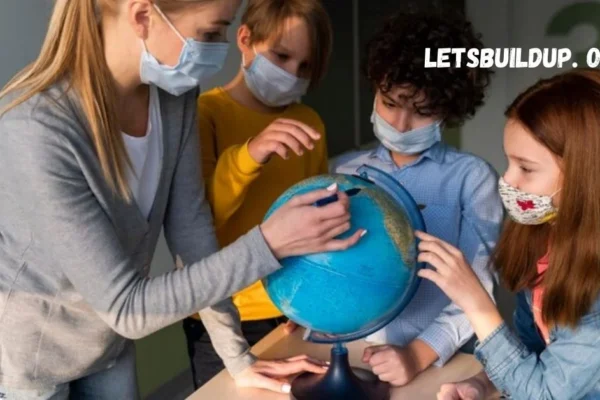Multimedia Presentation Trends In 2024: Latest Technologies To Explore
Creating stunning and impactful presentations has become a challenge. With so much content out there,…
Creating stunning and impactful presentations has become a challenge. With so much content out there, how do you stand out? Well, 2024 is changing the game with new technologies that make presentations more exciting and engaging than ever before. This article explores the latest trends in multimedia presentation design for 2024, covering everything from artificial…

Welcome to the fascinating world of LeahRoseVIP. Here, fashion meets personality in an extraordinary way. But who is the force behind this vibrant brand? What ignited the spark that led to its creation? Join us as we delve deep into the journey of LeahRoseVIP: Unveiling the Persona Behind the Brand. From humble beginnings to a…

Did you know that TikTok Pet Trends get up to 80% more engagement than other content types? TikTok has become a vibrant platform for pet content, where adorable animals consistently capture the hearts of millions. These days, pets are the face of viral trends, and content creators are creating creative ways to draw viewers in….

Did you know that 88% of consumers report that a bad review has convinced them to avoid a business? In the restaurant industry, which survives upon customer satisfaction, even a single bad Google review may just prove disastrous to your reputation and bottom line. Whether it be about the quality of food, service, or even…

Introduction importantcool momfood is more than just a cute name it’s a mindset. It’s the idea that what we feed our kids doesn’t have to be perfect, it just has to come from a place of care and connection. In a world full of overwhelming parenting advice and impossible food standards, this approach brings things…

Introduction letsbuildup-org is a platform designed with one goal in mind: bringing people and information closer. In a world where updates fly past quickly and important news gets buried under noise, this site helps communities find clarity. It becomes even more important when you’re dealing with topics like community alerts, school closings, or navigating platforms…

Change is the one thing we can’t control in our lives, although we can plan a few of them. Even then, we might need new tools to adapt. Often, it’s important to pay even more attention to ourselves when we’re going through a big shift in our lives. These tips should help you manage the…

In the rapidly evolving world of cryptocurrency, platforms like Crypto30x.com Ocean are gaining attention for their innovative approaches and unique offerings. Crypto30x.com Ocean, a next-generation crypto trading platform, has become increasingly popular among traders due to its advanced tools and high leverage options. With the growing demand for digital asset trading, this platform stands out…

Classroomus.85 is an innovative approach to transforming the modern education system. With the ever-evolving demands of the educational sector, Classroomus.85 addresses various challenges faced by students, educators, and institutions. As we delve into the core aspects of this concept, we will explore how it improves teaching methodologies, enhances learning experiences, and provides measurable outcomes for…

Trading in the financial markets sounds like a thrilling adventure, but most people eventually get tired of managing their portfolio. This is especially true when you are trading manually and have to actively track markets, keep your emotions in control and also streamline your trading strategy to optimize your profits. Wouldn’t it be great if…